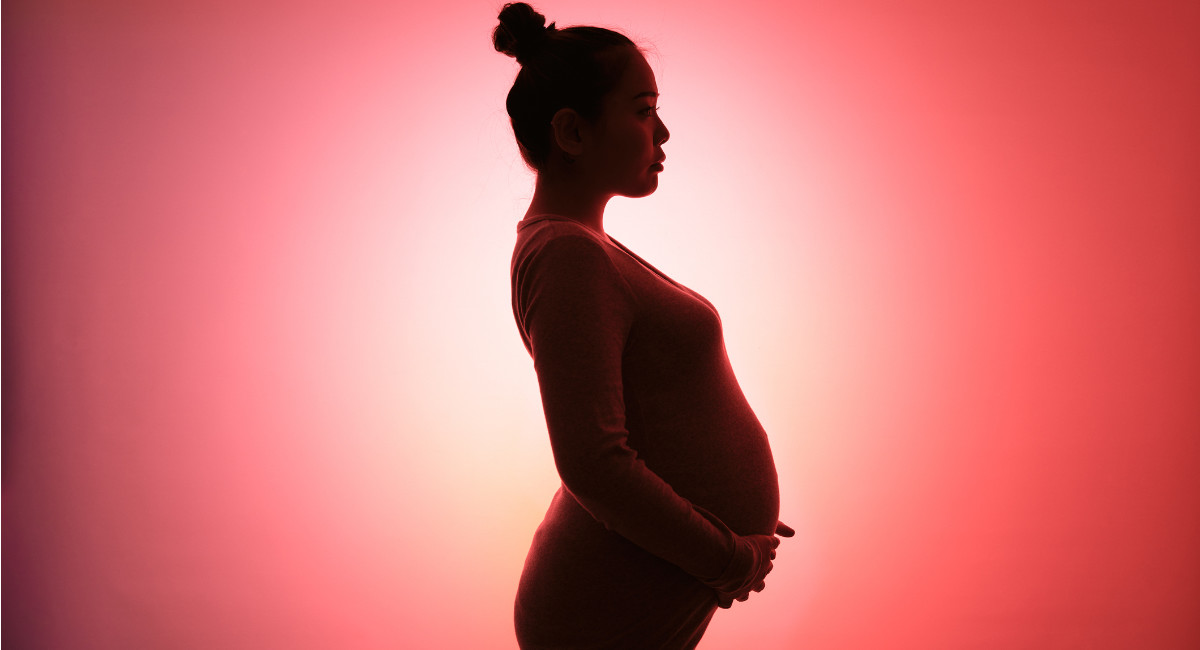Over the last year, great progress has been made in the pro-life movement as Americans witnessed the fall of Roe v. Wade — the 1973 Supreme Court decision that forced legalized abortion upon every state. Pro-abortion groups and activists fought back with both violent attacks against pro-life organizations and with the usual propaganda that the abortion industry and its allies have long relied upon in order to build and sustain abortion businesses. In 2022, the idea of “forced pregnancy” seemed to take center stage.
How abortion proponents define “forced pregnancy”
Abortion advocates define “forced pregnancy” as essentially any and all pregnancies that were not intentionally planned and therefore may not be “wanted.” According to the Centers for Disease Control and Prevention, more than half (51%) of all pregnancies in the United States are unplanned. If a state enacts a law preventing a woman from killing the yet-to-be-delivered living child in her womb (whom she helped to create through a voluntary act in nearly all cases), abortion advocates say that amounts to ‘forced pregnancy’.
The pro-abortion American Civil Liberties Union (ACLU), a law group behind pro-abortion lawsuits aimed at blocking laws that protect preborn children from abortion, states, “Laws that prevent people from making their own decisions about whether to continue a pregnancy or have an abortion amount to forced pregnancy. Outright abortion bans aren’t the only way to force a pregnancy — even when Roe v. Wade was still technically intact, laws pushed abortion out of reach across the country.”
Likewise, the pro-abortion group Equality Now defines “forced pregnancy” as “when a woman or girl becomes pregnant without having sought it or desired it, and abortion is denied, hindered, delayed or made difficult.”
And Ms. Magazine claimed that “forced pregnancy is involuntary servitude.” Author Carrie N. Baker wrote, “Abortion bans place pregnant women seeking abortion under state control and require them to perform involuntary labor. This is a violation of the 13th Amendment.”
Pregnancy can never be forced
The majority of pregnancies in the United States occur because a woman (and a man) chose — of their own free will — to engage in sexual intercourse, which is the known cause of pregnancy. If intercourse takes place during the fertile time of a woman’s cycle (which can be tracked with countless modern apps and trackers), there is a good possibility (though not 100%) that she will become pregnant. This isn’t because the government or an individual forced sperm to meet egg. It’s because this is how reproduction works. Cleveland Clinic notes, “With every cycle, your [the female’s] body prepares for a potential pregnancy, whether or not that’s your intention.” And Loma Linda University states, “The menstrual cycle is the term for changes a woman’s body goes through to prepare for a potential pregnancy each month.” (emphases added)
In other words, each month, the woman’s body naturally prepares to conceive a child, and there are only certain, limited fertile times in a woman’s reproductive cycle.
If sperm and egg do meet, a new unique human being is created with his or her own DNA, distinct from his or her parents, and that human being is inherently equal to his or her parents and to every human being who has ever existed — not more valuable, not less valuable — equally valuable. Equally human.
But even in the most fertile of circumstances, it is impossible to force a pregnancy to occur. The entire reason the fertility industry exists is to help couples achieve a pregnancy when they have been unsuccessful on their own. Even then, pregnancy is never guaranteed — because it is physically impossible to force a woman to become pregnant.
Despite the comparisons being made between pro-life laws and the fictional “Handmaid’s Tale” series, there is not a single law in the United States that requires women to become pregnant. In the “Handmaid’s Tale,” a fundamentalist regime treats women as property of the state — and in an attempt to boost its dwindling population, the few fertile women who exist are forced by the government into sexual servitude in order to bear children. That’s not reality. (In truth, this fiction is closer to the proliferation of surrogacy than it is to pro-life laws protecting the lives of preborn children — but that’s not likely something abortion proponents wish to delve into….)
Pro-life laws do not order or require women to have sex or to become pregnant, but they do state that when a woman becomes pregnant — most likely through her own free will to engage in sex — she does not have the power or the authority to kill the innocent human being she helped to create.
Parents are legally required to support their (born) minor children, which includes providing food, clothing, shelter, and basic care. Failing to do so can lead to charges of neglect or abuse. Logic would then dictate that parental obligation and protection should include undelivered babies, who are equally human — the most vulnerable and voiceless humans on the planet.








